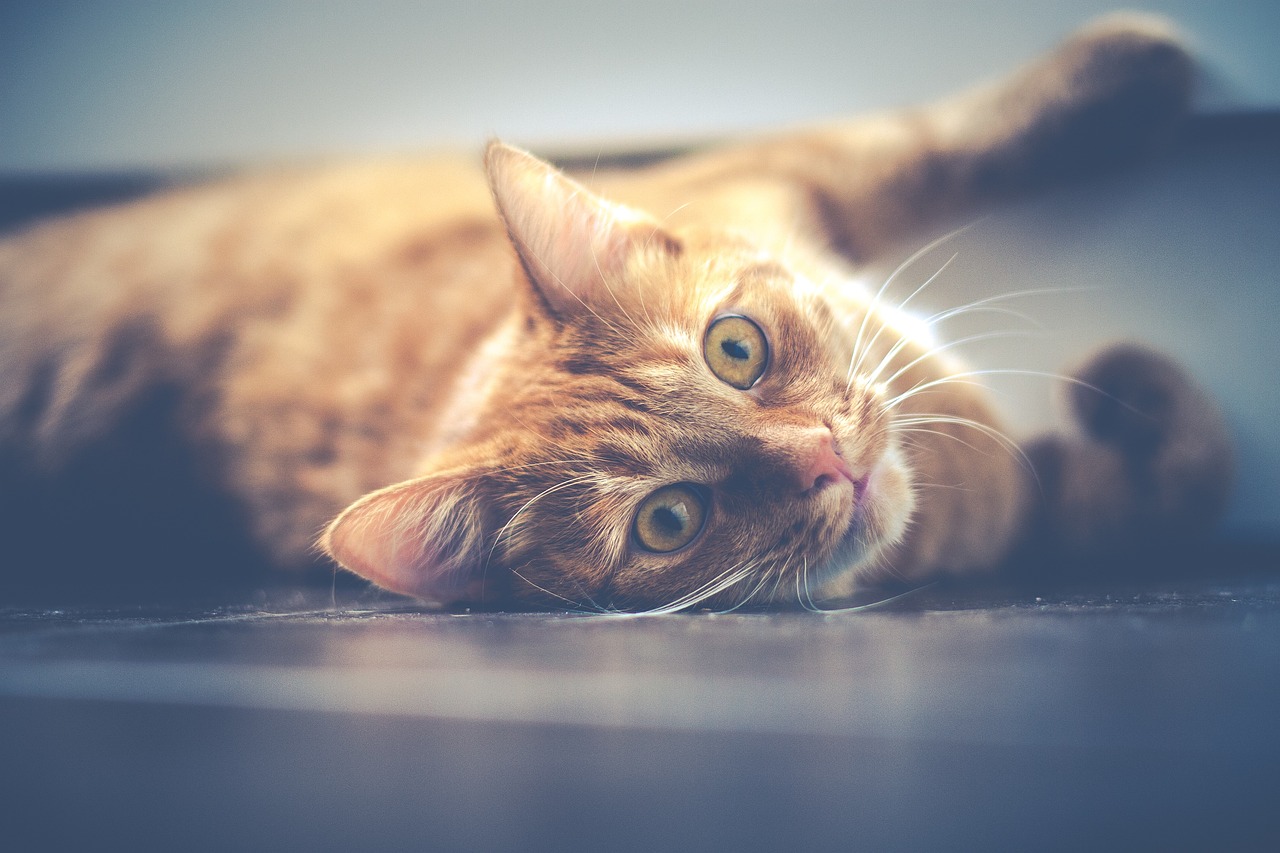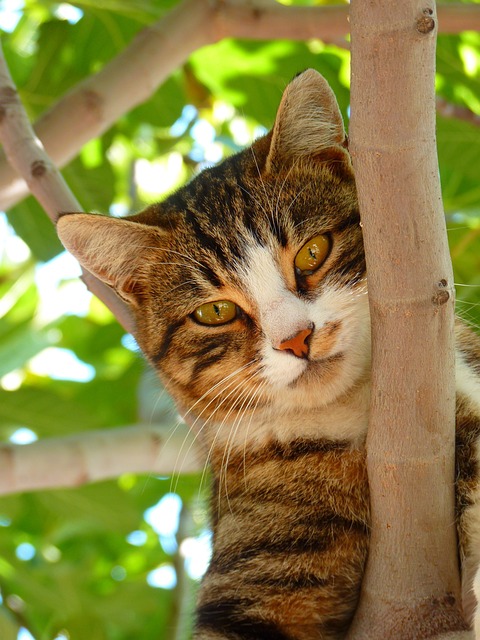Cats, beloved for their discerning palates, deserve the best in nutrition. Homemade cat food recipes offer a wholesome alternative to commercial options, allowing pet owners to control the ingredients and ensure their feline companions receive balanced and nutritious meals.
Importance of Balanced Nutrition for Cats
Cats thrive on a diet rich in essential nutrients, including protein, vitamins, minerals, and hydration. Providing a balanced diet is crucial for supporting their overall health and well-being, promoting strong muscles, healthy fur, and optimal organ function.
Homemade Cat Food Recipe Ideas
A. Protein-Rich Meals:
- Homemade Chicken or Turkey Cat Food:
- Ingredients: Cooked chicken or turkey, vegetables (e.g., carrots, peas), and a dash of fish oil.
- Preparation: Dice the cooked meat and vegetables, then mix with fish oil for added omega-3 fatty acids.
- Fish-Based Recipes:
- Salmon or Tuna Delight: Combine cooked salmon or tuna with steamed vegetables (e.g., broccoli, spinach) for a nutrient-rich meal.
B. Grain-Free Options:
- Quinoa and Sweet Potato Delight:
- Cooked quinoa mixed with mashed sweet potatoes and shredded chicken provides a grain-free option packed with essential nutrients.
- Meatloaf or Stew:
- Create a meatloaf or stew using lean ground meat (e.g., beef or turkey), vegetables, and a splash of low-sodium chicken broth for added flavor.
C. Vegetarian and Vegan Variations:
- Tofu and Lentil Casserole:
- Cubed tofu and cooked lentils mixed with finely chopped vegetables make for a protein-packed vegetarian option.
- Veggie Delight:
- Combine a variety of cooked vegetables, such as carrots, green beans, and bell peppers, for a colorful and nutritious meal.
Tips for Homemade Cat Food Preparation
Safely preparing homemade cat food is essential to prevent contamination and ensure optimal nutrition. Follow hygiene guidelines, store leftovers properly, and consider using supplements to fill in any nutritional gaps.
Considerations and Potential Risks
While homemade cat food offers numerous benefits, it’s essential to be mindful of potential dietary deficiencies and imbalances. Avoid toxic ingredients like onions, garlic, and excessive amounts of salt, and consult with a veterinarian or feline nutritionist for personalized guidance.
Transitioning to Homemade Cat Food
Gradually transitioning your cat from commercial to homemade food can help prevent digestive upset. Monitor your cat’s health and well-being during the transition period, and be patient as they adjust to new flavors and textures.
Conclusion
Homemade cat food recipes provide a rewarding opportunity to nourish your feline companion with wholesome and nutritious meals tailored to their individual needs. Experiment with different recipes, observe your cat’s preferences, and enjoy the satisfaction of providing them with the best possible nutrition.






